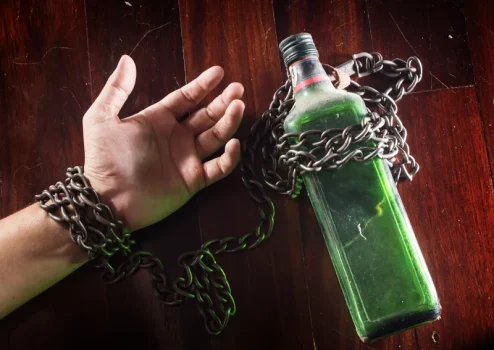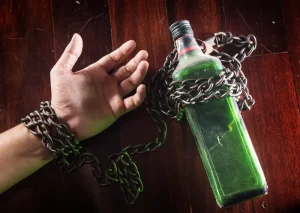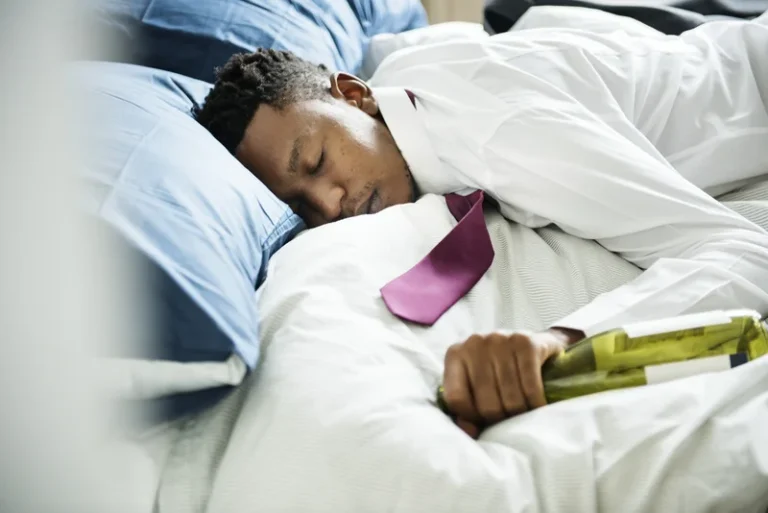Sober living
Alcohol and Insomnia: Everything Your Need to Know

In all, it’s imperative to note that these are merely factors and not binding verdicts. Insomnia is subjective to the person involved as everybody’s body responds differently to different conditions and stimulants. Sleep debt is compared to your sleep need, which is the genetically determined amount of sleep you need. Although there’s no evidence that alcohol can cause narcolepsy (sleepwalking), it does disrupt REM sleep, which may make the onset of sleepwalking more likely.
The Medical Taper

Studies have shown that brief CBT interventions are effective for helping recovering alcoholics deal with insomnia in sobriety. Bottom line https://ecosoberhouse.com/ – let a trusted medical professional help you decide which treatment plan is best for you. Incredibly smart human beings have studied the relationship between alcohol and sleep for decades and found that long-term alcohol abuse and chronic sleep problems are linked. The result is spending 10 hours in bed but feeling like you haven’t slept a wink. Your daily habits and environment can significantly impact the quality of your sleep.
#2. Explore Cognitive Behavioral Therapy (CBT) for Insomnia
- Stopping the use of alcohol because it is causing problems in your life takes courage and commitment.
- They may fall asleep easily, but excessive alcohol use disrupts their sleep during the latter part of the night.
- Just like the variances seen in the science behind insomnia after alcohol detox, the duration of insomnia after quitting is equally diverse.
- Acute insomnia is triggered in them by stress promoting events (precipitating factors).
- Insomnia occurs when a person has persistent symptoms related to difficulty falling or staying asleep.
If you find yourself lying in bed without falling asleep for 20 minutes or longer, it is suggested to get out of bed and do something peaceful, like meditating, insomnia after drinking while waiting to become drowsier. Studies suggest avoiding nicotine and caffeine, as they are stimulants, at least four to six hours prior to going to sleep as they will make it more difficult to fall or stay asleep. Be mindful of when you eat, as if you go to bed with an empty stomach you may become hungry, which will disrupt your ability to fall or stay asleep as well.
How To Help Someone Quit Drinking (A Realistic Take)
- It’s important to note that while these improvements are encouraging, they may not be consistent every night.
- If you don’t want to give up booze altogether, try avoiding it at least three to four hours before bed and limiting how much you drink.
- But longer naps or napping close to bedtime can backfire, leaving you feeling even more restless at night.
- A common side effect of withdrawal, insomnia is often a result of the body trying to adjust back to a normal sleep cycle.
The more you can make your bedroom (and bed) a soothing, comfortable space, the likelier you will sleep well. Then I received the unexpected gift of sleeping in a room with blackout curtains, a breezy ceiling fan, and no baby monitor. To the greatest extent possible, remove everything that distracts you from sleep. This sounds obvious, but many of us do not have bedrooms that promote sleep. It’s your responsibility to do everything you can to sleep well, which often translates to forgoing guilty pleasures or habits that contribute to your sleep disruptions.

This is significant, as REM sleep – sometimes called “dreaming sleep” – is thought to be important for memory and regulating emotions. Alcohol delays the first what is alcoholism episode of REM sleep – and reduces the subsequent amount of REM sleep you get throughout the night. In addition, certain amino acids found in many aged and cured foods, such as cured red meats, can increase brain activity, and may cause sleeplessness.

Sleeping in a Hot Stuffy Room: Effective Strategies for a…
- However, some people may continue to experience insomnia related to their alcohol use disorder for weeks or months.
- Shipping is free, and if Sleep Support doesn’t agree with your biochemistry or help you sleep better, you can return it for a full refund.
- For this reason, medical intervention is strongly encouraged when you are attempting to stop drinking.
- Several evidence-based strategies can help you manage withdrawal symptoms, promote relaxation, and finally get to sleep.
- However, the association between binge drinking, which is common among middle-aged and older adults, and insomnia has not been previously assessed.
By understanding the whys and hows behind insomnia, we can devise strategies to reclaim your sound sleep. This is not just about battling those long wakeful nights; it’s about gaining control of your body and overall wellness. Unpack your darkest circles under your eyes, and let’s walk through the sleepless town once ruled by alcohol.

Join Our 6-Month Flagship Program – Proven Science-Backed Method For Quitting Drinking Comfortably:
It’s essential to do what you can to reduce symptoms of insomnia to aid in recovery. If you have trouble falling asleep, staying asleep, or attaining restful sleep, you could have insomnia. There are two categories of insomnia, sleep onset and sleep maintenance. Sleep onset insomnia happens when your biological clock or circadian rhythm has been interrupted in some way.
